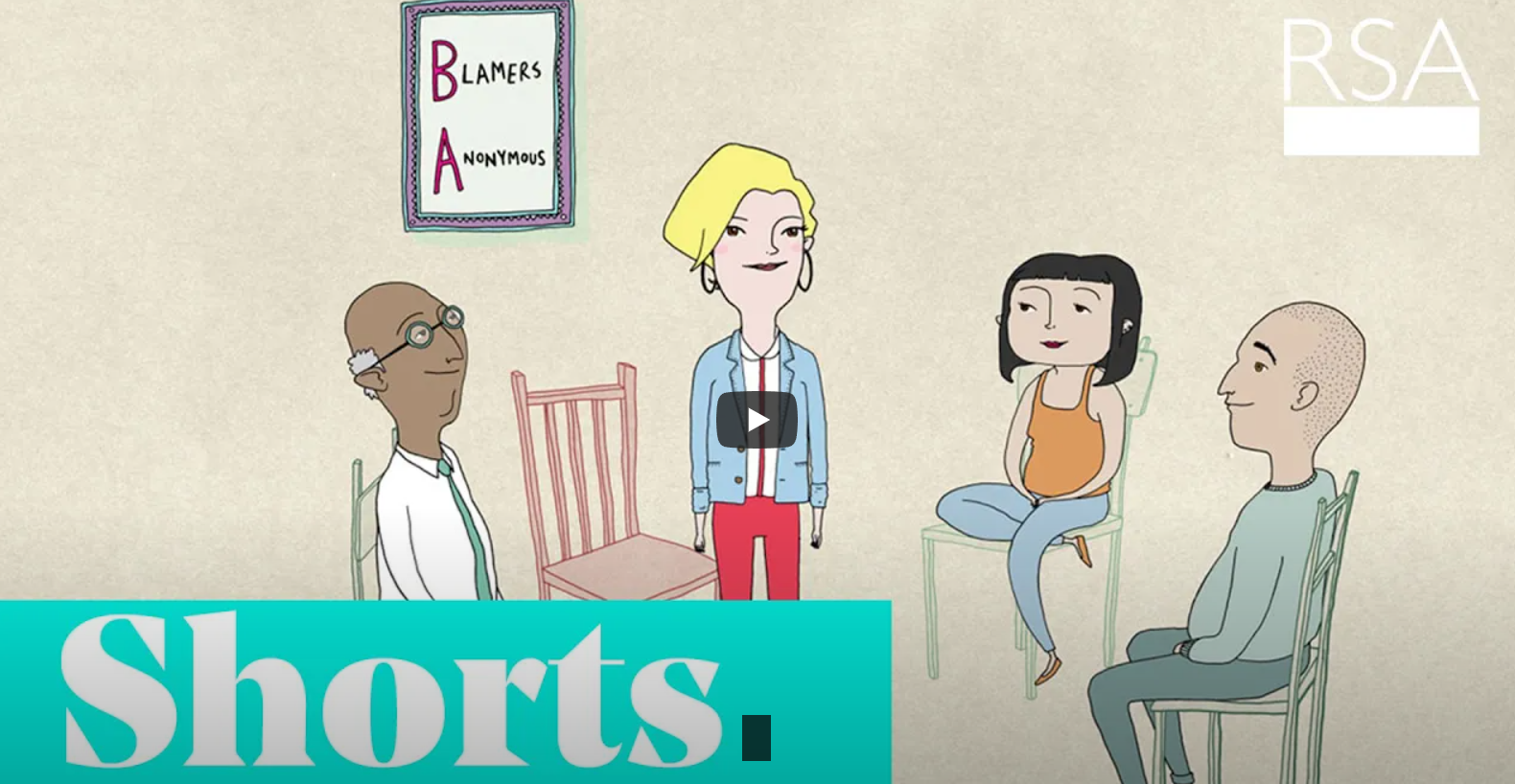4 Tips on How to Follow Through on Relationship Advice

Smart and actionable relationship advice is easy to come by. But while understanding what makes our partner happy is easy, following through isn’t always easy.
Here are a few tips on how to take action and move toward a happier and healthier relationship.
1. Shift Your Perspective
Everything worth pursuing in life—success, wisdom, a healthy body, a strong family—requires time, effort, and intention. A relationship is no different. Maintaining a happy and healthy relationship doesn’t happen mindlessly—it’s a lifelong commitment.
It isn’t normal for a relationship to become boring or strained. That happens when couples rely on their relationships to work rather than making it work. Shifting your perspective means viewing your relationship as a work in progress. When you’re intentional about making your relationship better, you integrate that intention into your daily life.
So—what have you done in the past week to become the best version of yourself for your partner?
2. Keep Getting to Know Your Partner
Following relationship advice can be challenging when we don’t connect with any underlying values. For example, “I’m doing the dishes because she wants me to” isn’t as motivating as, “I’m doing the dishes because I’m a kind and thoughtful partner.”
One of the best ways to identify core values—and to keep from settling into complacency—is to stay curious about your partner. Learn more about your partner every day that you’re with them. How do they like to be shown love? What do they think defines a happy relationship?
3. Pick a Starting Point
Start small. Tearing apart every aspect of your relationship isn’t productive. Sit down with your partner and talk about what makes both of you happy as a couple. What keeps you together? What brought you together in the first place?
For example, do you share a love of fitness and the outdoors? Make the effort to incorporate a hike, a gym session, or a road trip into your schedule. Do you share the same sense of humour? Reserve Friday night as game night, or watch a comedy special together.
4. Establish Mental Triggers
One of the simplest roadblocks to improving your relationship is simply remembering. That’s where mental triggers can save the day. Mental triggers are cues that remind your brain to do something. “If-then” contingencies are particularly helpful.
For example, you can remind yourself that if you need to plug in your phone to charge it, then you’ll check if your partner’s phone is plugged in. Another example is if you’re working and your partner comes home, then you’ll stop what you’re doing and greet them with a hug and a kiss.
Take Steps Toward a Happier and Healthier Relationship
Not sure where to start? Learn how to reappraise conflict, build structure and accountability, and renew a sense of gratitude toward your partner with The Love of Attraction couple's counselling sessions. Work alongside registered psychotherapist Kathleen Maiman to reintroduce compassion into your relationship.
Find out more about the couples therapy and counselling services offered by
clicking here. Feel free to
contact me directly if you have any questions.
Register for our Newsletter and receive a Free Love Chat Package
- The 5 Steps to a Better Relationship
- Ongoing Monthly Relationship Tips
- If you want more love in your life, our relationship Love Chat Package is an easy cost-free first step.

















